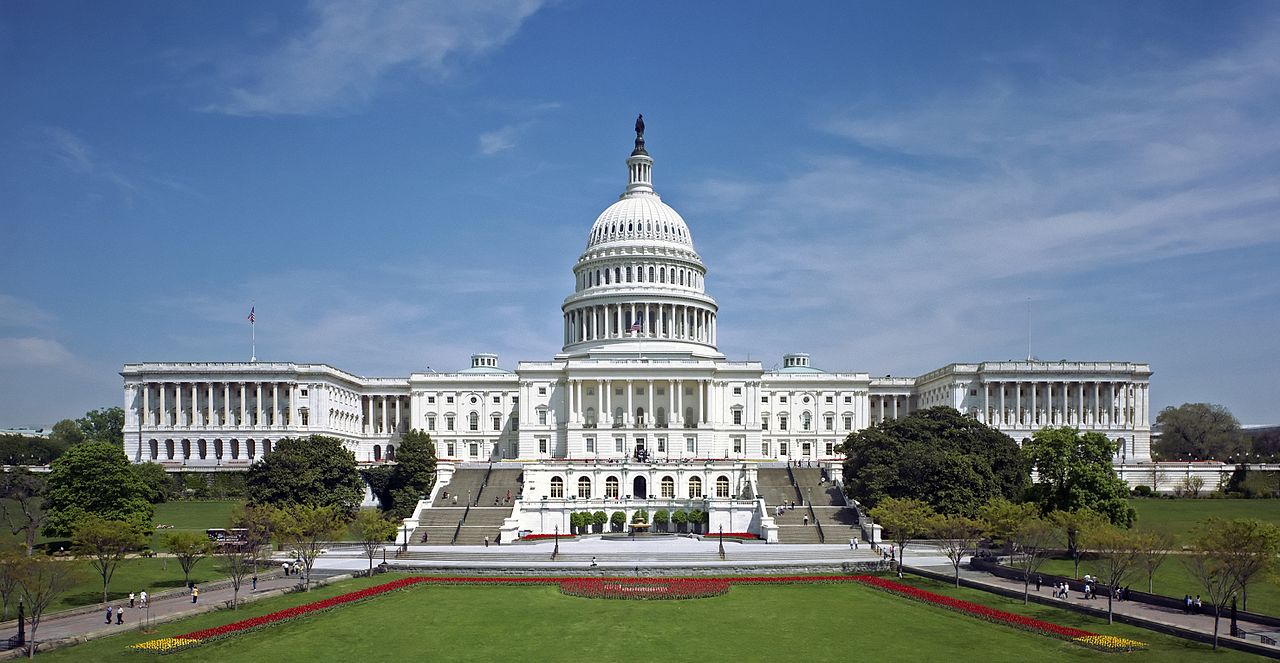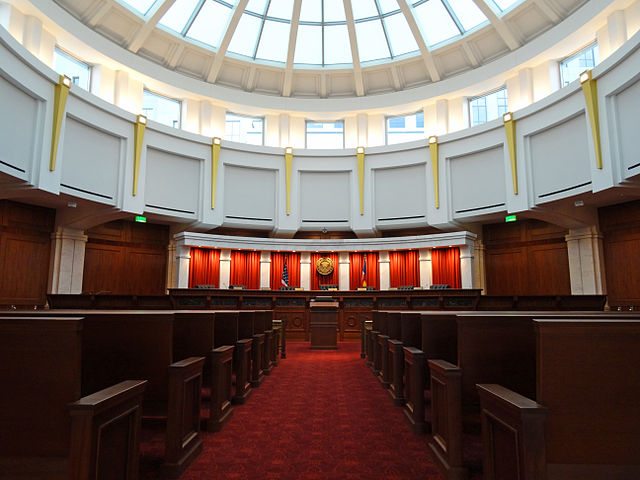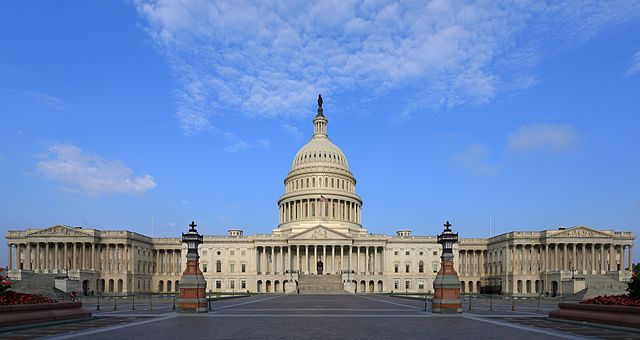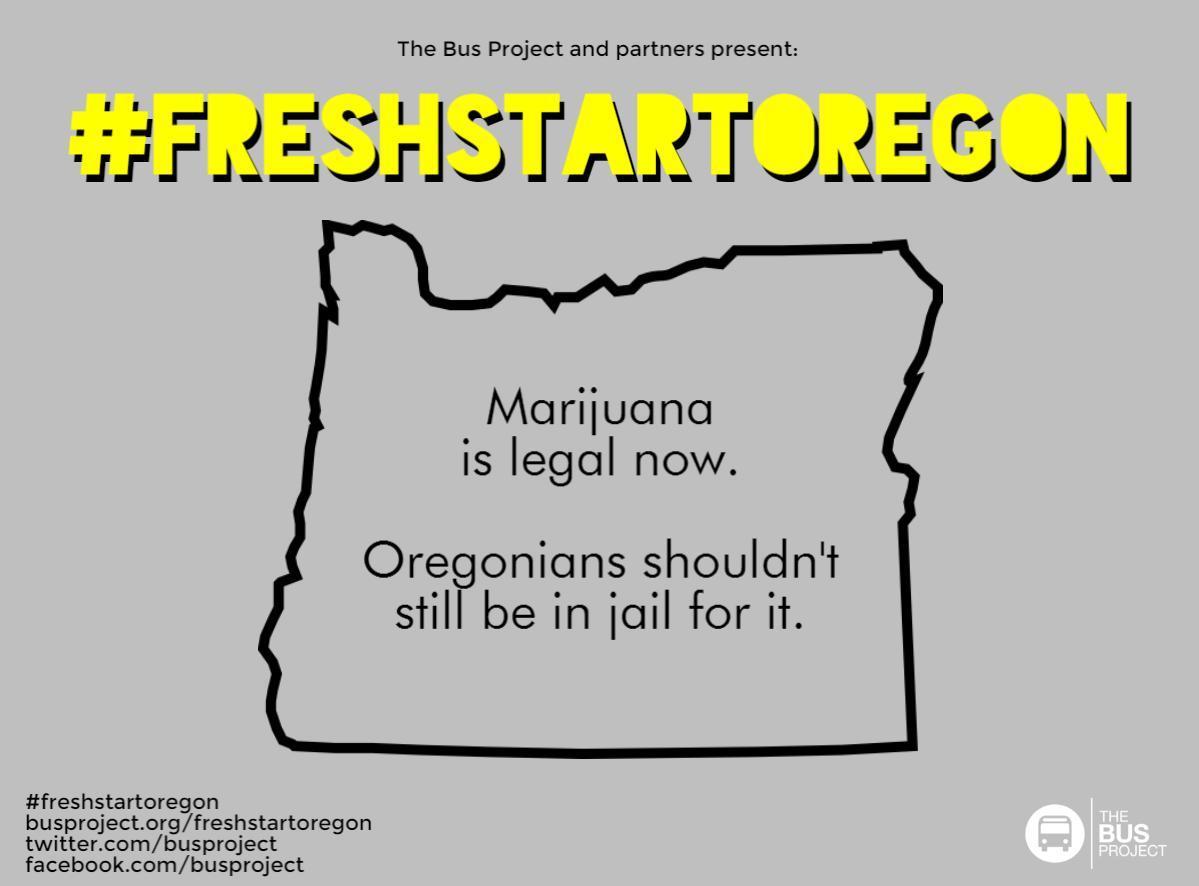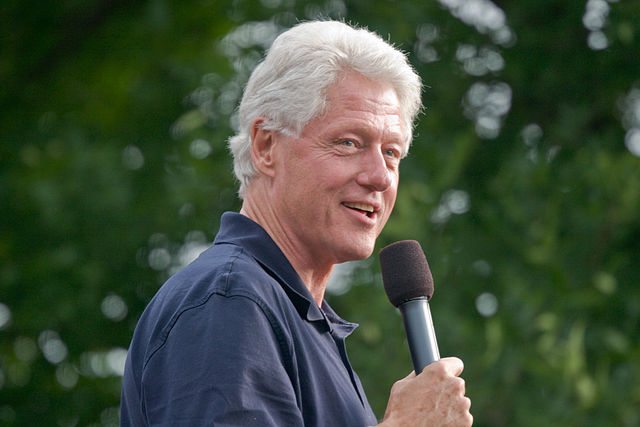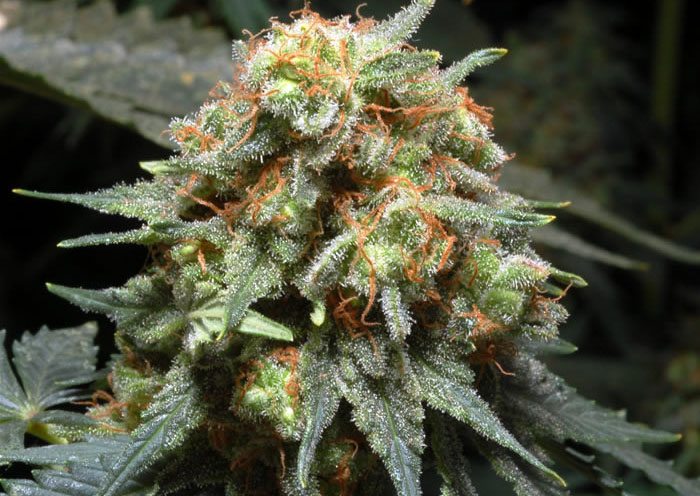Many people have been concerned about the Oregon Liquor Control Commission (OLCC) regulating cannabis commerce in Oregon and I completely understand their concerns as it is hard to trust any government agency with the task. However, I must admit that I have been pleasantly surprised by the dedication of the OLCC. I see an agency that is engaged with the cannabis community and wants Oregon’s regulated marijuana system to work effectively. Very important to the Oregon cannabis community, the OLCC hasn’t demonstrated any intention of regulating the Oregon Medical Marijuana Program (OMMP) or the personal cultivation of cannabis allowed under the Measure 91 legalization law, following some shake-ups in state government and at the OLCC.
(A quick aside: Many advocates that I know, respect and love, feel that “recreational” is a bad term to use for responsible, adult use of cannabis. They believe that recreational has bad connotations and hinders our fight for freedom. I don’t have any polling to know how voters feel about the issue, but my gut tells me that it doesn’t hurt our cause. Most people like to recreate and have fun and I don’t think that sales of RVs have been hurt by being deemed “recreational” vehicles. I could be wrong and I do try to use terms such as “responsible use” or “adult use”, but I don’t think that cannabis legalization is being held back by the term “recreational”.)
The OLCC has launched an “Educate Before You Recreate” campaign that gives Oregonians, and those traveling to the amazing Beaver State, the basics about the upcoming legalization law that finally goes into effect on July 1st. From Northwest Public Radio:
Recreational marijuana will soon be legal to use in Oregon and the state Tuesday unveiled a public education campaign meant to help people understand the new law.
The ad campaign is aimed at 18-to-35 year-olds. It uses social media and commercials. One ad says, “Starting July 1, adults 21 and older in Oregon can possess and use recreational marijuana at home or on private property. But public use is still illegal.”
Oregon’s legalization law is still being poked, prodded and kicked around by the Oregon Legislature (some things for the worse, others for the better), so the add rightly has a disclaimer and asks folks to check back in for more details. I sincerely commend the OLCC for getting good information out to people and to encourage the cannabis community to stay engaged so they don’t find themselves on the wrong side of the law. For more info, be sure to go to the WhatsLegalOregon.com website to sign-up or “Like” the campaign on Facebook. And please spread the word.
While the fight to end cannabis prohibition has had its ups and downs and will continue to take vigilance from advocates and concerned citizens, I am proud that tens of thousands of people will have their lives dramatically improved in Oregon due to Measure 91. Additionally, a successful rollout will help further the momentum for legalization across the country, so other states can follow suit and we can eventually end prohibition federally.


